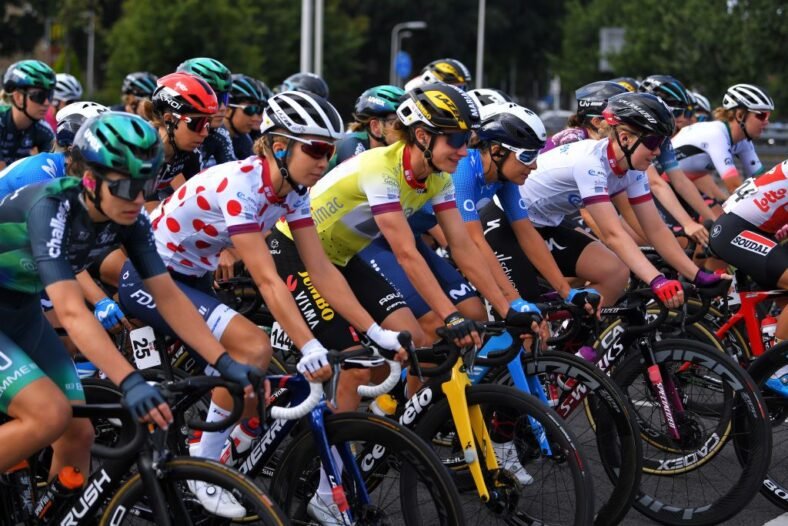In today’s rapidly evolving digital entertainment world, Happy Luke has emerged as a prominent and enticing platform for players who enjoy online casino games and eSports. With a wide range of services and a commitment to providing a safe gaming environment, Happy Luke is not only attracting players with its diversity but also with its exceptional service quality.
1. Evolution and Key Features
Happy Luke is more than just a website offering online games; it is a brand that has established a strong reputation by focusing on high-quality products and services. Founded with a clear vision of delivering the best gaming experience, the platform has continuously evolved and expanded its services to meet the needs of players around the globe. From the outset, Happy Luke has built a solid reputation thanks to its emphasis on quality and customer satisfaction.
What sets Happy Luke apart is its perfect blend of traditional casino games and modern eSports offerings. This not only provides variety for players but also creates a multi-dimensional entertainment environment that caters to diverse preferences and needs.
2. A Diverse Game Library
One of the key factors that make Happy Luke a top choice for many players is its rich and varied game library. Here, you can find all the popular casino games such as baccarat, roulette, and poker. These games are provided by leading developers in the industry, ensuring top-notch quality and the best gaming experience.
In addition to casino games, Happy Luke places significant emphasis on eSports. With the continuous growth of eSports, Happy Luke has updated its platform to include popular eSports games like FIFA, Dota 2, and League of Legends. This addition offers players more exciting options and opportunities to participate in tournaments and eSports betting.
3. User-Friendly Interface
The interface of Happy Luke is designed with a focus on user experience. With a clear layout, harmonious colors, and easy-to-use functions, players can effortlessly navigate and find their favorite games. Moreover, the platform is optimized for mobile devices, allowing players to access and enjoy games anytime, anywhere.
Happy Luke also offers a mobile app, enabling players to enjoy games directly from their smartphones or tablets. This not only adds convenience but also enhances the user experience, especially for those who are frequently on the move.
4. Attractive Promotions and Bonuses
Happy Luke stands out with its enticing promotional programs and bonuses, aimed at attracting new players and retaining existing ones. From welcome bonuses for new players to deposit bonuses and cashback offers, Happy Luke continually provides incentives to enhance the user experience.
In addition to regular promotions, Happy Luke also organizes special events and tournaments with large prize pools. These events not only create opportunities for big wins but also add excitement and engagement for players.
5. Quality Customer Support
The customer support team at Happy Luke is one of the key factors contributing to the platform’s success. With dedication and professionalism, the support team is always ready to address any questions and assist players as needed. Happy Luke offers multiple communication channels, such as live chat, email, and hotline, ensuring that player issues are resolved promptly.
Happy Luke not only focuses on resolving technical issues but also listens to player feedback to continually improve and enhance service quality. This demonstrates that Happy Luke is not just an entertainment platform but also a reliable partner for players.
6. Safety and Security
Security is a top priority at Happy Luke. The platform employs advanced security technologies to protect players’ personal and financial information. From using SSL encryption to implementing stringent security checks, Happy Luke is committed to providing a safe and trustworthy gaming environment.



